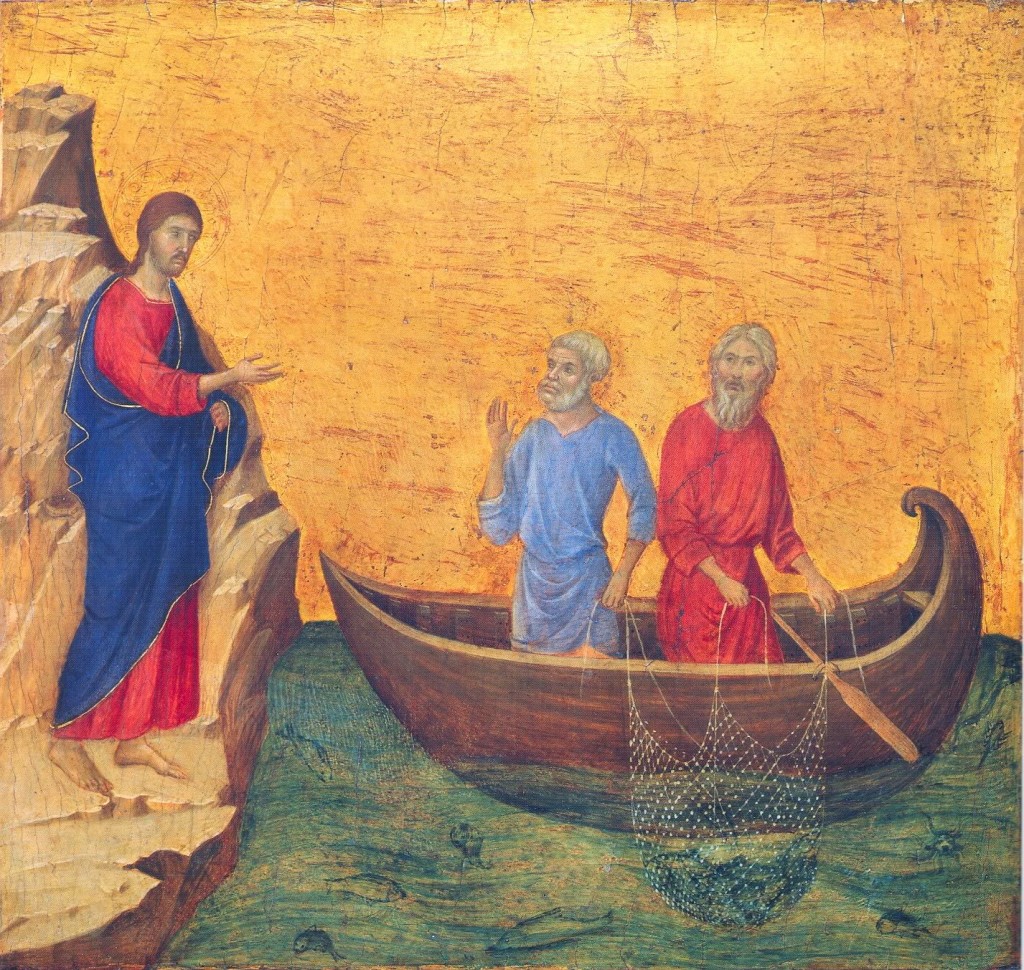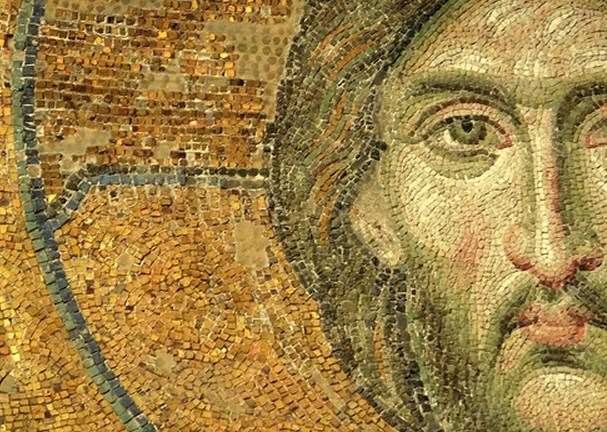Atonement
Aquí está el artículo en español.
It is certain that the cross is the centerpiece of historic Christianity. Yes, the death of Christ stands as the focal point of the entire canon of Scripture. The Law and the Prophets look forward to this point in history as the gospels and letters recognize its centrality and strive to discern its implications on the sons and daughters of God. The Apostle Paul states as much in his letter to the church in Corinth, “For I decided to know nothing among you except Jesus Christ and him crucified.” (1 Corinthians 2:2)


Earth was plunged into darkness by the sin of Adam and his progeny. Within ten generations from Adam, the Creator “regretted that He had made man on the earth.” (Genesis 6:6) In spite of God’s holiness, and man’s wanton inclination to evil, a plan was conceived by the Lord to rescue mankind from the bondage of sin to which he had become entangled, wholly from his desire to live apart from his Creator.
God chose Abraham and later Israel to vehicle His plan of redemption. “I will bless those who bless you, And I will curse him who curses you; And in you all the families of the earth shall be blessed.” (Genesis 12:3) Jesus was indeed the fulfillment of God’s promise to Abraham to bless the nations. Jesus was the means by which God’s promise to the Patriarchs was realized. Jesus’ death was the Creator’s solution to rescue mankind from the curse and bondage of sin and restore communion that had left man alienated from the Creator for millennia.
The cross stands preeminent in God’s redemptive plan because through the cross humankind is wholly redeemed from the curse of Adam. Sin’s curse is vanquished and communion with the Father is restored. Man no longer lives under the weight and shame of sin’s poison and the dread of inevitable retribution. The cross is the gospel. It is the good news. It is born out of the immeasurable love and mercy of the Father, “God demonstrates His own love toward us, in that while we were still sinners, Christ died for us.” Romans 5:8
Jesus’ death brings reconciliation with the Creator since mankind’s sins are atoned for – his sins are removed and pardoned. Paul states that humans were justified or restored in relationship with God and redeemed (made free through the payment of a ransom) because God put forth his son as a “propitiation.” (Romans 3:25) The Greek word for propitiation is hilasterion (ἱλαστήριον). Hilasterion is an amazing word that has several meanings. First, Christ’s work was expiatory: that is his death removed our sin. Our sin was transferred to God’s Son. Second, Christ’s work was propitiatory, that is, as a result of sin’s removal – God’s wrath was averted from mankind and place upon God’s Son. It is also worth noting that hilasterion is the Greek word for the “mercy seat” (see Hebrews 9:5 or Exodus 35:12 (Septuagint))–the golden lid which covered the Ark of the Covenant. That is where the sins of Israel were atoned for with the blood of the bull sprinkled on the Day of Atonement. That is the precise place the Lord said he would meet Israel, “There I will meet with you, and from above the mercy seat, from between the two cherubim that are on the ark of the testimony.” (Exodus 25:22) Jesus in a real way embodies the mercy seat! (see also John 20:12)

God’s gift to the world came at a terrible price. The darkness and shame that had descended upon earth from the time of Adam would be atoned for through the sacrifice of God’s Son, Jesus. Jesus would literally bear man’s evil and shame in his body (1 Peter 2:24) and receive the corresponding retribution (Romans 3:25) Jesus literally “took the place” or was a “substitute” for the sons and daughters of Adam. He took the sins of man as well as the subsequent and inevitable retribution for those transgressions. “But he was pierced for our transgressions; he was crushed for our iniquities; upon him was the chastisement that brought us peace, and with his wounds we are healed.” Isaiah 53:5
In a courtroom you stand before the judge. You are on trial for murder. You have committed the crime. The prosecutor has laid out the State’s case against you. The evidence is overwhelming. The judge reads the verdict: “guilty” the sentence: “death.” Guilt, dread and fear saturate your soul. Agony. The verdict is true, but restitution is meaningless and impossible. As you are being led away to the gallows, a person in the courtroom comes to your defense, “I will be condemned on his behalf. I will suffer for his crimes that he may go free.” The judge consents. The innocent is condemned that the guilty may be free. Such is the mercy bestowed on all who call upon the name of the Lord in faith and repentance.

The Cross brings freedom from the bondage of sin and its subsequent condemnation. It also renders us free from the accusations and power of the Adversary. Since our “record of debt” was “nailed to the cross” (Colossians 2:14) our Adversary no longer has “evidence” to be used in our otherwise just conviction and damnation. God’s plan to rescue mankind (from sin, death and the devil) was realized and complete in the sacrifice of His Son. “It is finished.” (John 19:30)
Humans that have not become beneficiaries of the cross (through faith) must stand before God on their own merits. Without Christ’s work on his behalf, man stands under the just condemnation of God. This is a place no man on earth can stand. “It is a terrifying thing to fall into the hands of the living God.” (Hebrews 10:31)
In sum, the death of Christ achieves reconciliation with God since sin is removed (expiation) – retribution averted (propitiation) and Satan’s accusations rendered null and void since the “evidence” of our transgressions have been eliminated. God not only removes our iniquities, but imparts his very nature to the person who places faith in Him. Redeemed man becomes a “new creature” bearing the image of the Son and sealed with the mark of his new Master. (2 Corinthians 5:17-21, Ephesians 1:13)
Article by Sky Cline




